When you think of “self care,” what are the first things that come to mind? Completing a multi-step skin-care routine? Lighting a candle and sinking into a bubble bath? Going for a walk at sunset?
No matter which version of self care you envisioned, odds are things like recycling, waste reduction, and resource conservation weren’t high on the list—but sustainability expert Jhánneu Roberts wants to change that, because self care and planet care are more connected than you might think.
“The overlap between self care and living sustainably lies in the recognition that both practices prioritize the well-being of individuals and the planet,” Roberts says. “Self care involves taking intentional actions to nurture one’s physical, mental, and emotional health. Similarly, living sustainably entails making choices that support the long-term health and balance of the Earth’s ecosystems.”
By making a few tweaks to your personal self-care routine (which can be as simple as prioritizing biodegradable fabrics like cotton), you can make it more beneficial to the environment, which in turn makes it more beneficial to you. “It’s all connected,” Roberts says. “When we take care of ourselves, we’re better equipped to take care of the planet and to inspire others to do the same.” Follow her lead with the planet-friendly self-care practices below.
1. Try activewear made with plant-based fabric
You don’t want your activewear to just be stylish—you want it to be functional, too. And if it can be earth-friendly? Well, that’s even better. Lucky for you, there’s a fabric that athletes swear by for its quality, breathability, and durability: cotton. Not to mention that it’s super easy to care for, and will last for a long time—even after loads of wash cycles.
You’ll love it because even during your most intense workouts, it’ll absorb sweat and won’t lose its shape over time. The planet will love it because when you eventually retire your old cotton workout gear, it’ll biodegrade instead of contributing to micro-plastic pollution. And since cotton fibers are made up of more than 40 percent carbon, simply wearing cotton clothing will help keep carbon out of the environment until it biodegrades.
Shop Planet-Friendly Activewear

Hot Shot Mini Dress $60

OFFLINE By Aerie Cropped T-Shirt $30

Adicolor Classics 3-Stripes Leggings $40
2. Opt for a more plant-based diet
With so many tasty plant-based replacements for meat, dairy, and eggs, it’s easier than ever to swap your usual meals for a vegetarian or vegan version. No, this doesn’t mean you have to stop eating burgers or burrata entirely (unless you want to, of course), but rather that you occasionally make a conscious effort to substitute a meat-based dish at dinner with your fave fruits, veggies, and whole grains.
How can going plant-based benefit the environment? “Consuming less meat and dairy can significantly reduce your carbon footprint and contribute to a more sustainable food system,” Roberts says. One simple way to get started is by picking one day a week to refrain from eating meat. Stick to it for a whole year, and you’ll prevent a whopping 100 kilograms of CO₂ from being released into the atmosphere.
Shop Plant-Based Alternatives
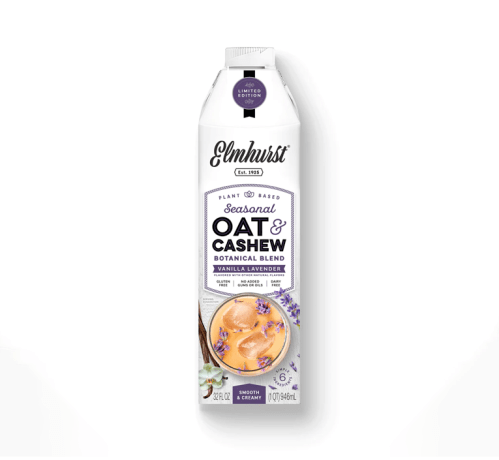
Elmhurst Vanilla Lavender Botanical Blend Oat & Cashew Milk $7
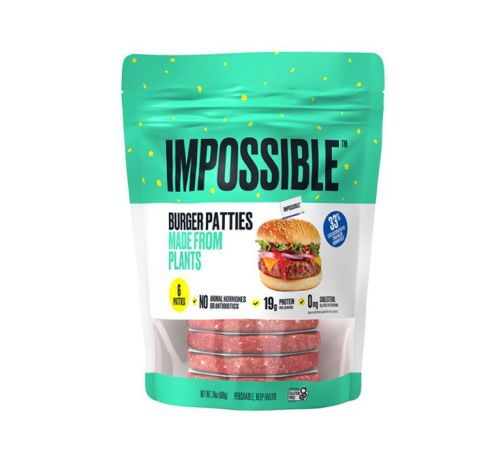
Impossible Burger Patties, 6-count $15

KIND Frozen Dark Chocolate Almond Sea Salt Plant-Based Dessert, 5-count $7
3. Incorporate cotton into your skin-care routine
The refreshing feeling of a cleansed face can only be made better by drying it off with a soft towel. And when it comes to your towel’s fabric, you’ll want to go for 100 percent hypoallergenic cotton so you never have to worry about skin irritation.
Beyond towels and washcloths, you can feature cotton in your skin-care lineup via cottonseed oil. The powerhouse ingredient helps protect your skin from environmental aggressors like UV exposure, keeps your skin hydrated, and can help calm skin inflammation (goodbye, redness). Add it to your rotation in the form of a cleanser or a moisturizer and see for yourself the planet-friendly difference it can make.
Shop Cotton Skin Care

Sensitive Solutions Gentle Cream Cleanser $10
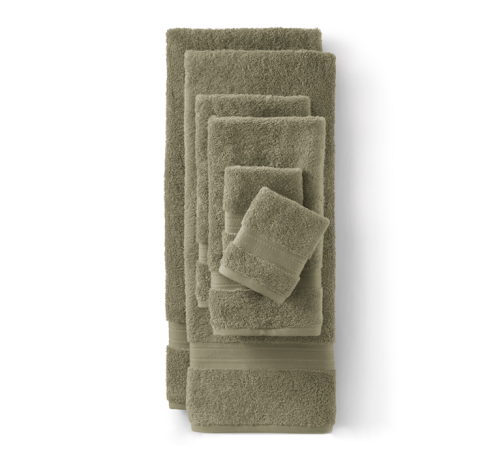
Premium Supima Cotton 6-Piece Bath Towel Set $110

Yes To Cotton Comforting Facial Moisturizer $9
4. Clean out your closet
There’s no sense of accomplishment quite like cleaning your space. But, sometimes it’s easy to just close your closet door, despite the chaos inside because, well… out of sight, out of mind. Organizing your closet will make it easier to find your fave pieces of clothing faster, and will help keep your wardrobe feeling fresh so you aren’t as tempted to continually add new buys.
As for the pile of clothes you’re ready to part with, you can handle those with a sustainable mindset, too. Since authentic denim is made from sustainable cotton, the Blue Jeans Go Green™ program makes it easy for you to send in your denim to be repurposed into new products. This way, your old jeans don’t end up contributing to the approximately 16 million tons of textile waste discarded each year.
5. BYOC (bring your own cup)
Sometimes, simply buying yourself a cup of iced coffee can be the self-care moment you need—that is until you start to feel a little guilty about the plastic cup-and-straw combo the barista hands you.
Make your coffee break a totally feel-good moment by bringing an insulated, reusable cup to fill instead. “Many coffee shops are happy to fill it up instead of using a disposable cup,” Roberts says. “By doing so, you prevent single-use cup waste from piling up in landfills and contribute to the reduction of plastic pollution.” Some chains even offer a discount for customers who bring their own cup. Saving money, the planet, and your peace of mind at the same time? Now that’s real self care.
Shop Reusable Coffee Mugs
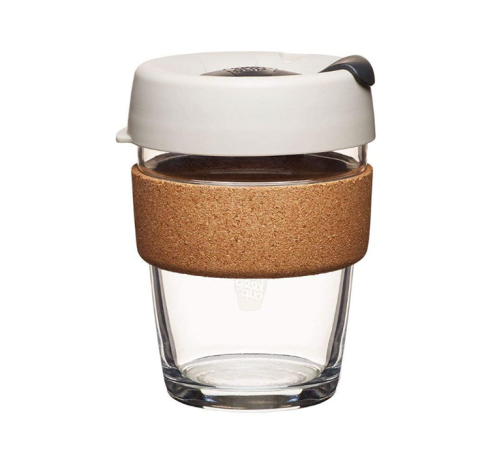
KeepCup Reusable Tempered Glass Coffee Cup $32
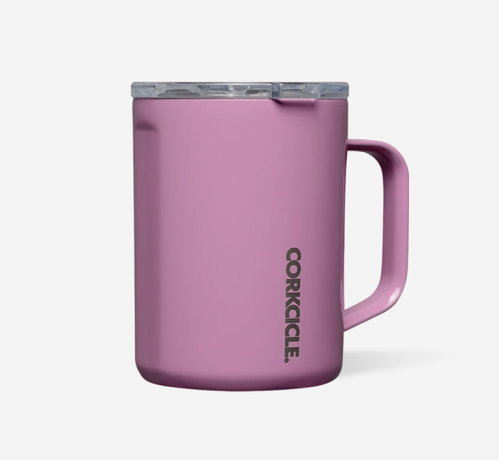
Classic Coffee Mug $35
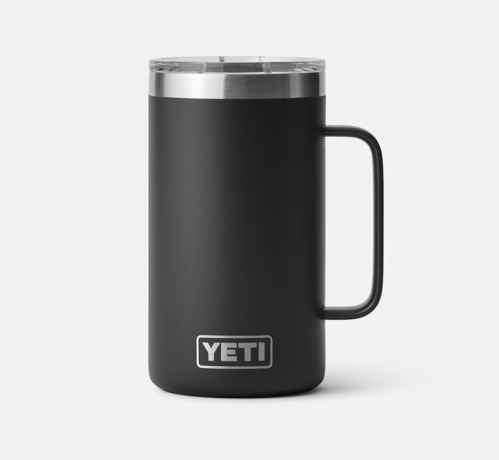
Rambler® 24 Ounce Mug $35
Sign up for the Well+Good SHOP Newsletter
Get exclusive deals on wellness, beauty, fitness, and food products that have been hand-picked by our editors.
Got it, you've been added to our email list.





